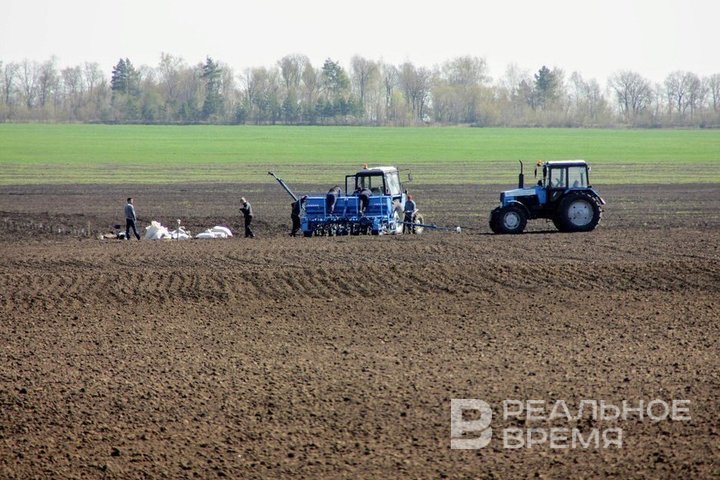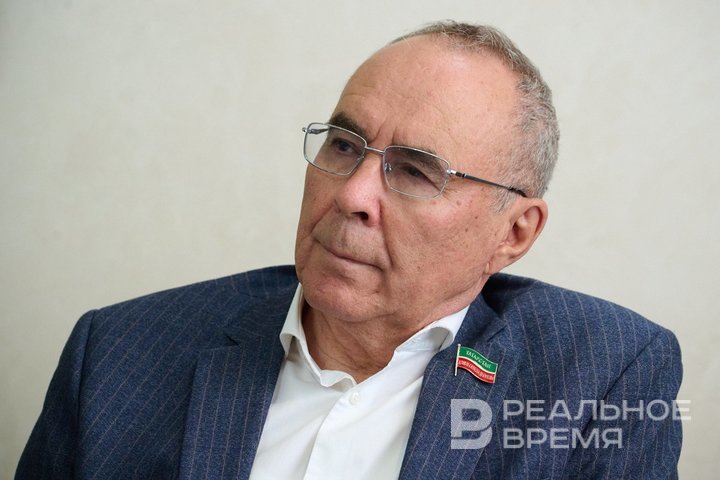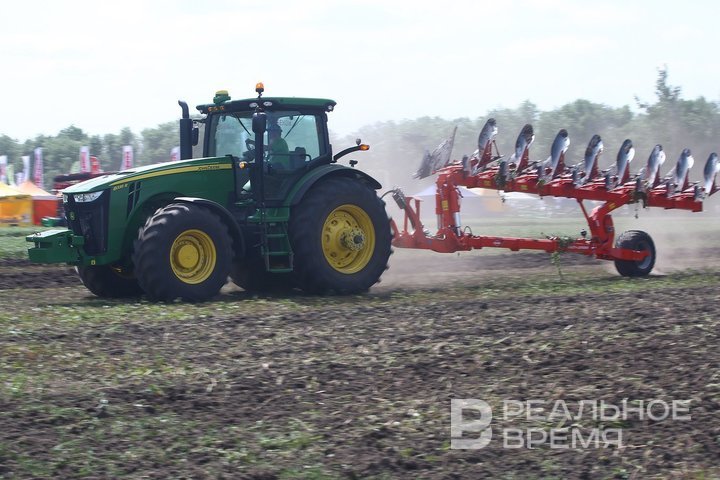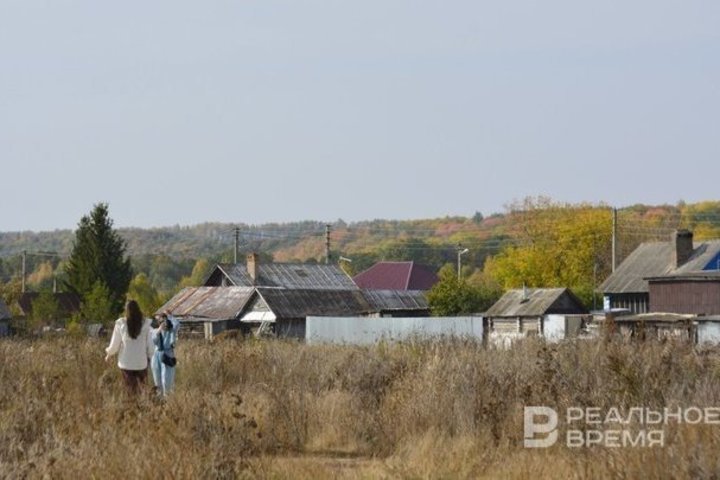Grain crops losses of Tatarstan farmers may amount to 15 billion rubles
How the weather has affected the harvest in Tatarstan

Tatarstan farmers forecast losses of 5 billion rubles in early summer. However, the current calculations turned out to be much worse — losses can exceed expectations by three times. “Heat, frost, drought, continuous torrential rains," this is how the deputy chairman of the Committee of the State Council of the Republic on Ecology, Nature Management, Agro-industrial and Food Policy, Doctor of Agricultural Sciences Tahir Khadeev described last summer in a conversation with Realnoe Vremya. And it is necessary to get used to such weather conditions, he is sure. About the problems Tatarstan's agriculture is facing and how this affects food in the region — in the material of Realnoe Vremya.
Losses could have been twice as much
Weather conditions this summer have had a negative impact on farmers in Tatarstan — crop losses for grain crops may amount to about 1-1.5 million tonnes, which in monetary terms reaches 15 billion rubles. Nevertheless, about 4 million tonnes have been harvested.
“The weather has certainly had a negative impact on farmers this summer. After all, products do not grow in the office, but in natural conditions. The entire sphere of the agro-industrial complex is tied to the weather. Heat, frost, drought, continuous torrential rains — that's how the summer passed," deputy chairperson of the Committee of the State Council of Tatarstan on Ecology, Nature Management, Agro-industrial and Food Policy, Doctor of Agricultural Sciences Tahir Khadeev told Realnoe Vremya.

Such losses were the result of the fact that the sector continues to perceive weather conditions as an emergency. The republic needs to accept them and adapt, the speaker is sure:
“We always live and work in such unstable weather conditions. This is a natural process, we have to understand. If we perceive it as a supernatural phenomenon, we will never be able to adapt. We need to stop blaming the weather and start adjusting ourselves. We need to adapt, we have no other options. How? There are quite a lot of methods. In winter, villagers, scientists and all of us must discuss this big problem and work out how to get out next year with minimal losses, taking into account weather conditions.
However, according to him, the forecasts could have been even worse. In this matter, farmers were lucky with the September weather, which allowed them to save the remaining harvest: “If the rains had continued, as in 1978 (then a third of the harvest remained in the fields), there would have been twice as many losses.”
Nevertheless, consumers do not have to worry — such reductions in the gross grain harvest will not affect food in any way. Tatarstan fully provides itself with everything necessary.
“The projected lost volumes are, among other things, the part from which farmers would have received their profit, this time they may receive less. This money would be used to purchase equipment and upgrade fixed assets. This will not affect the food supply of the population of the republic," Khadeev assured.
Lack of financing for technology
By the way, due to disparity, the current funding levels are not enough to upgrade the equipment. As a norm, it should be updated annually by 10%. Meanwhile, tractors and combines are experiencing overload.
“The equipment is quite old today. It should be updated once a year by 10%," he said. “But since 2021, tractors and combines have become twice as expensive, spare parts have become more than twice as expensive, purchase prices for cereals, at the same time, leave much to be desired — they have remained at the same level, if not lower.”

In his opinion, it is necessary to strengthen state support measures in this area — for example, to increase subsidies, especially for small farms:
“It will be difficult for some to get out of this situation. This is a reason to think that the state should be more actively involved in subsidising rural machinery. Perhaps, compact mechanised detachments are needed so that farms can order them for timely harvesting without losses. The harvest does not wait, it persists for 6-7 days, and then decreases daily. Not every farm can have its own set of equipment, and if it is possible to use a mechanised link to provide services to an agricultural producer, then it would be easier for them," the expert suggested.
It is necessary to save the fields
Khadeev voiced another global problem of the industry — the outflow of people from villages and land allocation for housing construction. Because of this, the acreage decreases.
“Villages are getting old, people are leaving them. This suggests that today's work to preserve the rural lifestyle requires drastic changes. If it had met the requirements of the time, people would not be leaving. It is very important to select key support settlements in each district, where we will create modern working conditions that meet the needs of young people. There are about 7-10 settlements in each district," he suggested.

Khadeev stressed that it is necessary to move from words to action:
“We have to answer one question for ourselves: do we need villages? We should move away from declaring to a specific work. The centre should increase support for the integrated development of rural areas.
According to the interlocutor of the publication, it is necessary to start intensive work on improving living conditions in villages and draw up a clear analogue of the state plan.
“Again, I would like to emphasise that it is necessary to preserve the acreage, because the land goes under new roads, under new houses and so on. Look at the Laishevsky district, at other suburban areas — there are no fields left. Yes, it is very profitable to sell these lands, but it is private owners who make money on them, not the state. If we want to maintain the sustainable development of the republic and fully provide people with food, then we must comprehensively support villages first of all. For about 10 years, it is necessary to reduce the volume of construction in cities by a multiple and focus on villages. We need a program that would be designed for at least 25 years. We must think not only about today," Khadeev is convinced.
Tatarstan, in his opinion, has many untapped opportunities:
“We live in a very rich republic. We have a lot of good things. We have untapped reserves. I want to say a big thank you to the village workers, specialists, heads of agricultural enterprises and our Ministry of Agriculture, who in difficult conditions find new measures to create food security and provide the republic with good quality products at an affordable price.